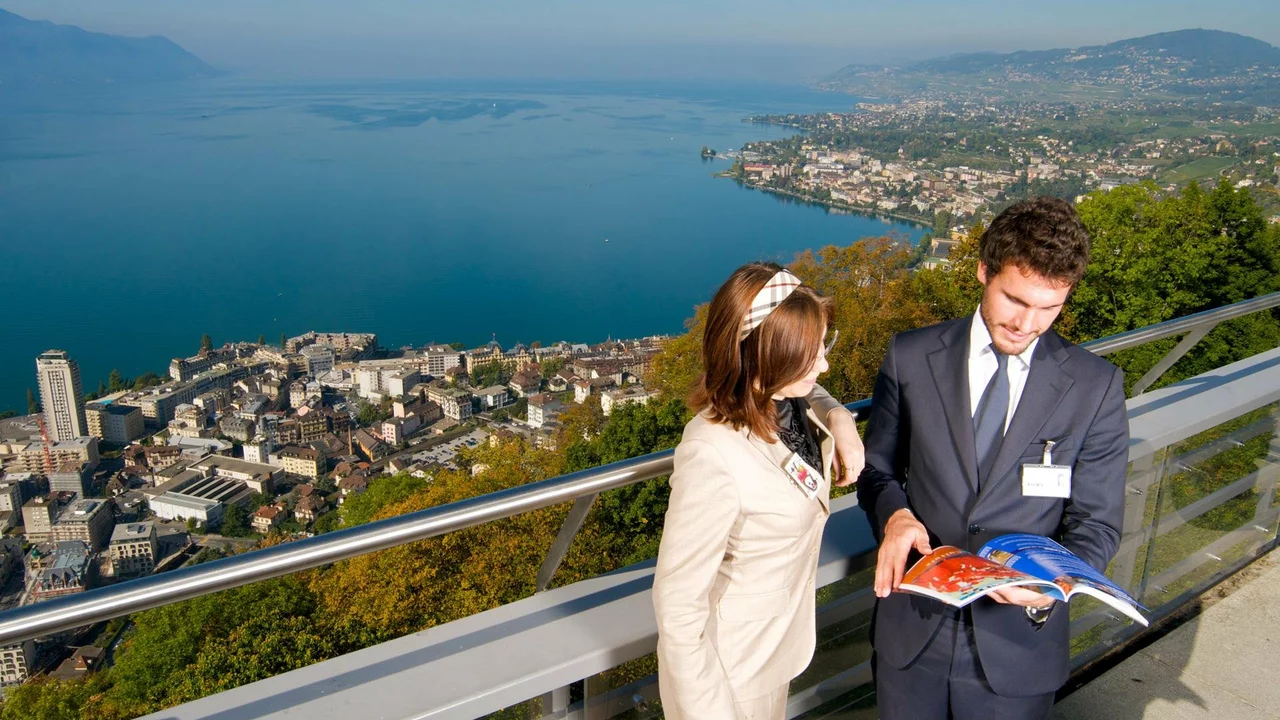Tourism Education: Essential Tips & Insights
Ever wonder why a hotel room left empty costs the business money? That’s called perishability, and it’s a core idea in tourism education. Understanding it helps you see why airlines flash last‑minute deals and why you often get cheaper tickets close to departure. Let’s break down this and other must‑know concepts in plain language.
Core Tourism Concepts You Should Know
First up, the purpose of tourism. At its heart, tourism lets people explore new places, meet different cultures, and make memories. It also pumps money into local economies, creates jobs, and can protect natural and cultural sites when managed well. When you travel, you’re actually supporting a whole network of people—from guides to hotel staff.
Next, outbound tourism. This simply means residents of a country traveling abroad. It’s the flip side of inbound tourism, which tracks visitors coming into a country. Knowing the difference helps policymakers plan better and helps businesses target the right audience.
Perishability, we mentioned, is another unique trait. Unlike a physical product you can store, a flight seat or hotel night disappears the moment the day passes. That’s why you’ll see flash sales on nights that haven’t filled up yet. Businesses use dynamic pricing to balance supply and demand in real time.
Safety perception also plays a big role. Take Dublin, for example. Most travelers feel safe there, but staying aware of common risks—like keeping valuables hidden—keeps the experience smooth. Safety tips are part of any tourism education curriculum because they protect both visitors and destination reputations.
Building a Career in the Travel Industry
If you’re thinking about a job in tourism, the field is surprisingly diverse. Travel agents still exist, helping people plan trips and handle bookings. Tour guides turn a walk through historic streets into a story you’ll remember. Hospitality managers keep hotels running, from room service to housekeeping.
Event planners are another hot role. They coordinate everything from corporate conferences to wedding celebrations, ensuring every detail fits the guest experience. Each of these jobs requires a mix of people skills, organization, and a love for travel.
Which career is “best” depends on what you enjoy. Do you love talking to strangers and sharing stories? Guiding tours might be your jam. Prefer behind‑the‑scenes work? Hotel management could fit. The key is gaining practical experience—internships, part‑time roles, or even volunteering at local festivals can give you a foot in the door.
One often overlooked path is hospitality management education. Understanding how hotels, resorts, and restaurants operate gives you a big advantage. Topics like revenue management, guest satisfaction, and staff training are covered, and they directly tie back to concepts like perishability and dynamic pricing.
Finally, think about niche opportunities. Some travelers need specific services, like parents wanting to give birth in the USA while on a tourist visa. Knowing the legal and medical requirements opens a specialized advisory niche.
In short, tourism education mixes theory—why we travel, how markets work—with practical skills—selling trips, managing properties, keeping guests safe. Whether you’re a curious traveler or someone eyeing a new career, these basics give you a solid start.
Ready to explore more? Dive into our posts on hidden Asian destinations, the economics of inbound tourism in India, and the real impact of tourism on local communities. Each article adds another piece to the puzzle, helping you become not just a better traveler, but a smarter industry insider.
